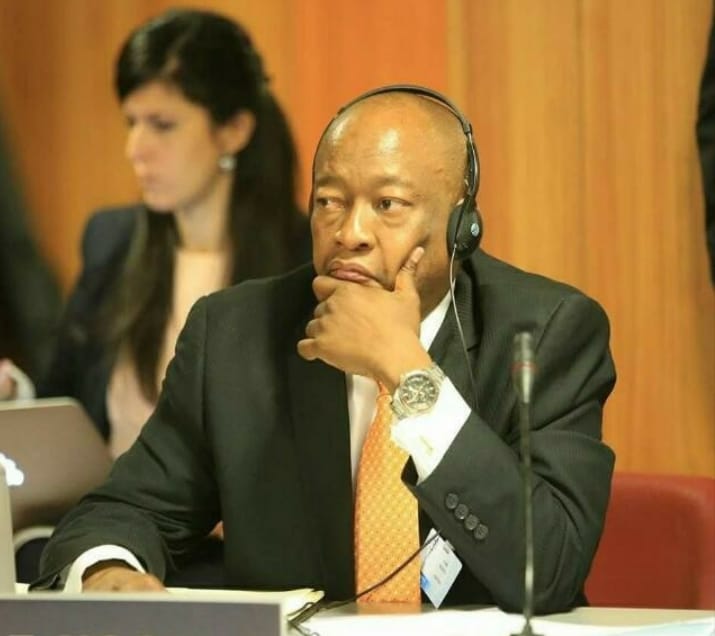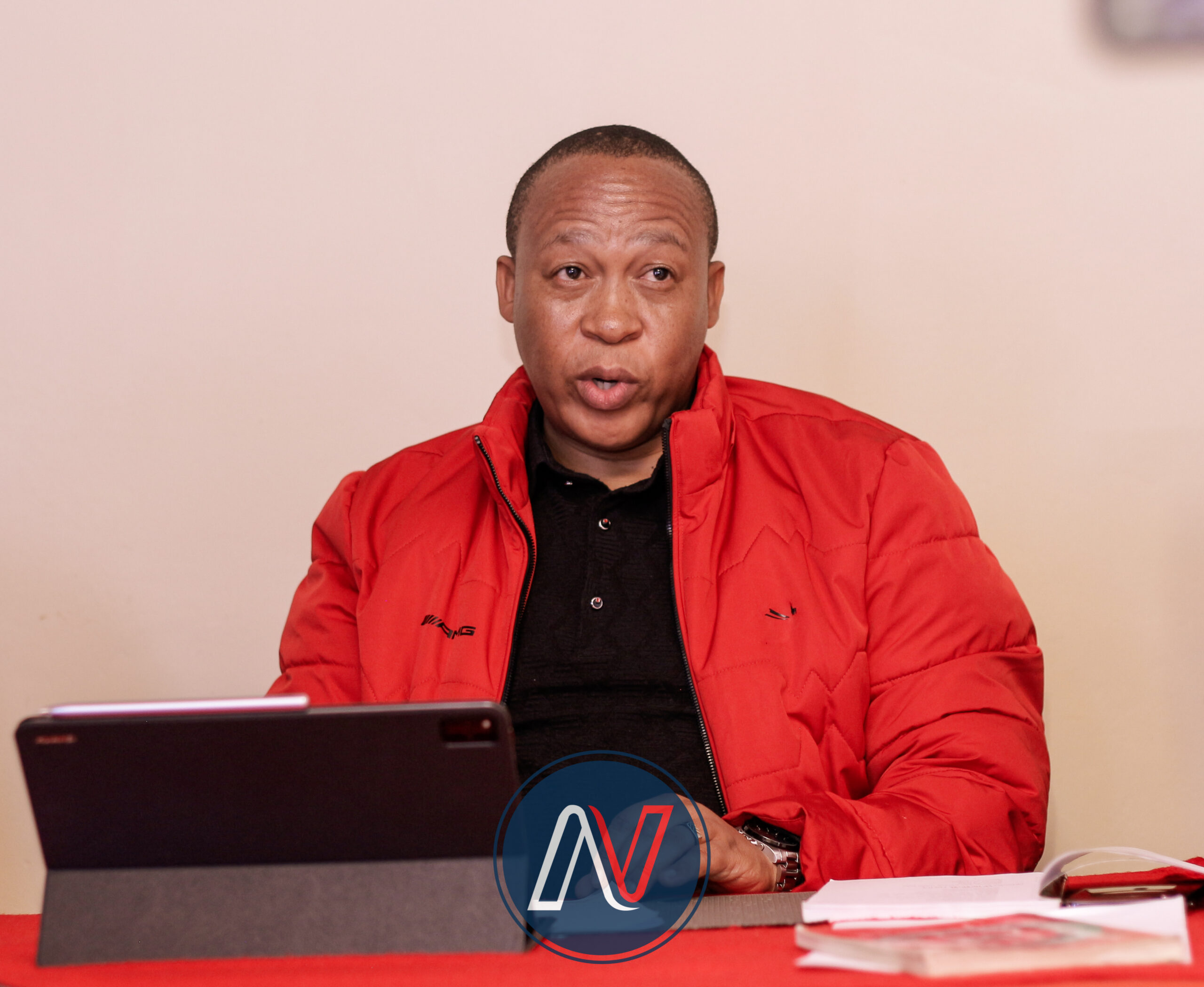Editorial Comment
In September 2023, almost a year after the Kingdom of Lesotho held the National Assembly Elections, which were won by the Revolution for Prosperity (RFP), the country will hold its local government elections, the fourth in the country’s history.
This will give Basotho an opportunity to select local councillors of their choice from a big number of councillors, bad and good, fielded by various political parties.
Usually, when the time for either national or local government elections approaches, political parties and their followers infiltrate social media to create and share misleading and inaccurate information.
Misinformation and lies fill social media as some fans of different political parties make outlandish claims about their rivals, the media houses and the Independent Electoral Commission (IEC) in some cases.
The intent is always very clear: to seek to discredit opponents, contaminate the news supplies in order to influence people’s beliefs and opinions, and undermine the legitimacy of the IEC and electoral process.
Anonymous Facebook pages are created and used to disseminate deliberately misleading information purporting to be real news reports.
Social media influencers are identified, organised and paid to spread misleading information.
All these things undermine our democracy. Not only that but they also have adverse consequences for public’s trust in the media, reduce the quality of public debate and manipulates voters.
As bearers of truth and factual accuracy, some journalists like Poloko Mokhele and Boitelo Rabele, and many others, will, as they always do, try to protect our democracy from disinformation and misinformation by elevating authoritative information and tackling all forms of misinformation on their social media platforms.
These journalists who try to protect our democracy by reporting only the truth and fact checking ridiculous claims made by politicians will be viciously attacked by those politicians’ cheer leaders on social media.
Yes, journalists will be attacked for merely doing their job as journalists.
Those cheer leaders will want journalists to report only ‘positive news’ about their political parties. Journalists will be falsely accused of being in cahoots with certain political parties or politicians to write bad things about certain political parties or politicians.
“That one is in the pocket of Party A,†they will say.
But as soon as elections pass and the political parties renege on the promises they made before elections, the frustrated supporters will be angry at journalists who write ‘positive stories’ about those parties.
They will wish only ‘negative stories’ could be written about their parties, something which they detested before elections.
Some RFP members are now trying to feed journalists negative information about the party because they are frustrated. They want that information published, by hook or by crook.
This is bullying.
Bullying that happens on social media is just as harmful as any other bullying – and sometimes it is even worse. It is expected that journalists should have thick skins but this bullying must stop.
It undermines the freedom of the press. Journalists do not write to make political parties’ supporters happy.
All of us on social media should be vigilant about those who try to bully journalists.
The public should understand that there is nothing funny about a journalist being ridiculed on social media. We should stop hyping the bullies and saying that they are ‘cooking’.
What are they cooking! You should be concerned as a responsible citizen when you see someone trying to ‘cook’ a journalist.
Here is why. Your ability to make meaningful choices in your life depends on the free flow of accurate information about the country you live in.
When journalists are afraid that they will be ‘cooked’ when they try to post accurate information on social media because it might rub some people the wrong way, the quality of information you have will diminish. The quality of decisions you make will also diminish.
It is therefore a mistake to laugh even when someone tries to be a savage under a journalist’s post, or anyone’s post for that matter.
Journalists should also not do a mistake of responding to barbarism in a tit-for-tat fashion. To what end, to also show that you can also ‘cook’?
The journalists’ best response to people who try to ‘cook’ them on social media should be to continue to write and broadcast the truth. We do not clap back, as Michelle Obama would say: “When they go low, we go highâ€.

Your Trusted Source for News and Insights in Lesotho!
At Newsday Media, we are passionate about delivering accurate, timely, and engaging news and multimedia content to our diverse audience. Founded with the vision of revolutionizing the media landscape in Lesotho, we have grown into a leading hybrid media company that blends traditional journalism with innovative digital platforms.











